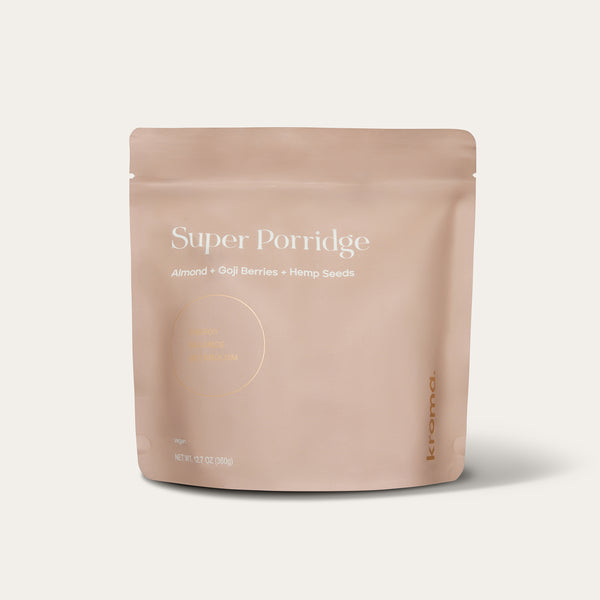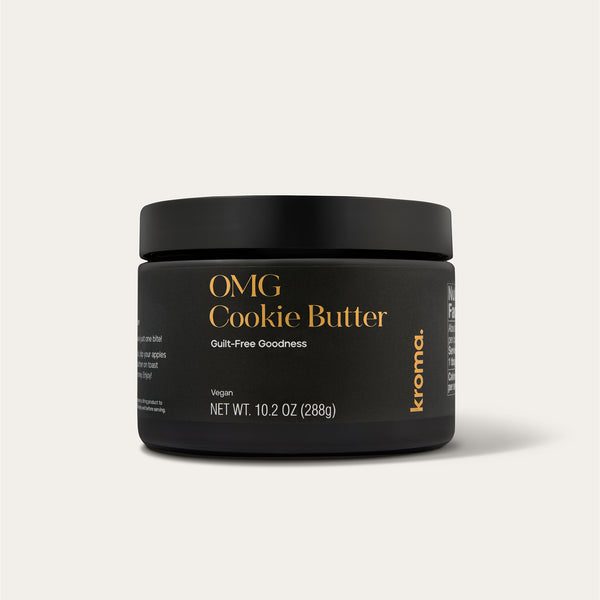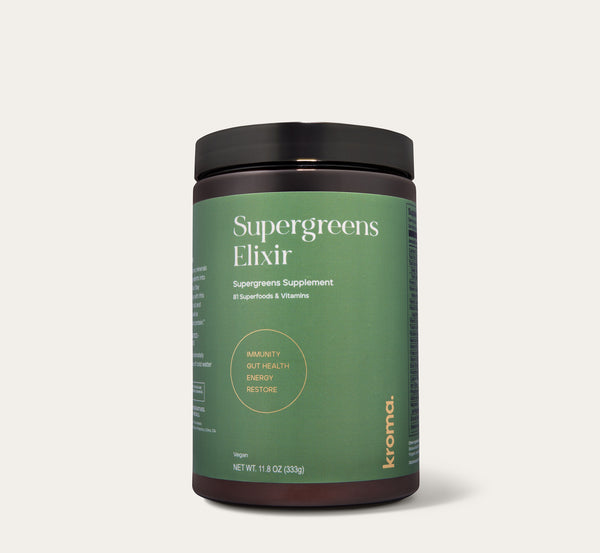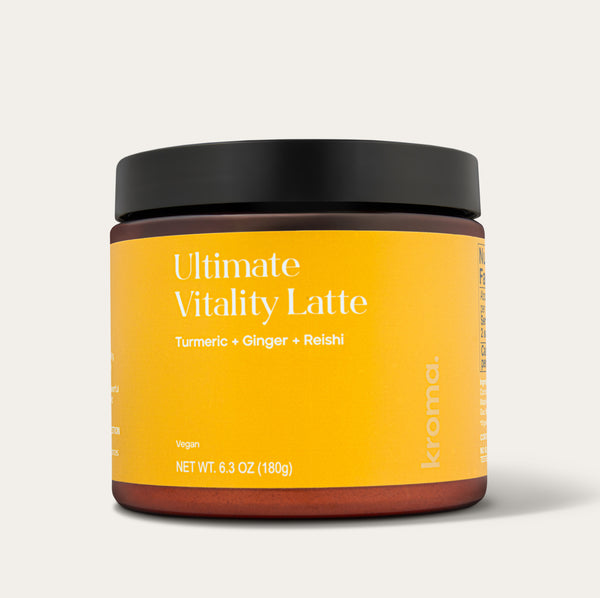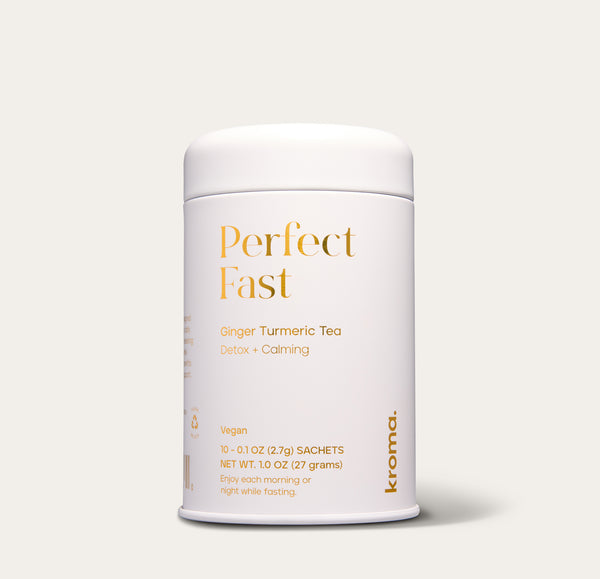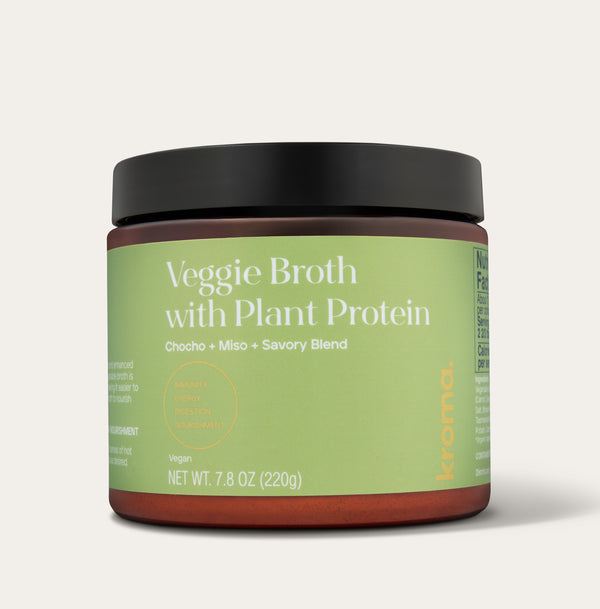liAging is a natural part of life, but is there a way to age gracefully and experience longevity? There are many ways to live a healthy life well into your older years through positive lifestyle habits. One way is to look at your nutrition and focus on health-forward foods.
Join us as we explore what it means to have longevity and how nutrition can play a large role in not only your lifespan but the quality of your life. You will learn how you can support your longevity through different foods and how Kroma Wellness can help you maintain a nutrient-dense diet.
What Is Longevity?
Living a long life is described as having longevity. The idea of longevity is separate from the biological aging process. While aging is one aspect of your life expectancy, many other factors play into it. Longevity incorporates positive lifestyle habits that promote a healthier and longer life.
When studying longevity, many researchers look to Blue Zones. These zones are areas around the globe where there are many centenarians — people who live to be 100 years old or older. The five Blue Zones are Okinawa, Japan, Sardinia, Italy, Ikaria, Greece, Loma Linda, CA, and Nicoya, Costa Rica.
Researchers have studied these areas and noticed some similarities within the Blue Zones. Some common denominators within the areas are natural movement, having a purpose, reducing stress, a focus on a plant-based diet with minimal meats, and a feeling of belonging.
Does Nutrition Support Longevity?
Many factors determine the longevity of a person. These factors may include genetic, environmental, and lifestyle components. Nutrition is the main area that affects the health and wellness of a person. Focusing on a diet high in fruits, vegetables, lean proteins, and healthy fat may support your longevity and prevent chronic diseases like heart disease.
How Can I Support Longevity With My Nutrition?
Nutrition is key to a healthy body. Fruits, vegetables, lean protein, and healthy fats are important when prioritizing your health and longevity through nutrition. Many blue zones focus on diets low in animal proteins and high in plant-based foods, like the pescatarian, Mediterranean, and vegetarian diets.
While you don't have to stand behind one specific diet, there are areas you may want to focus on to age gracefully and have longevity. Here are some ways to support your overall health to promote a long and healthy life.
Prioritize Healthy Fats and Omegas
Fats have gotten a bad reputation for decades, but not all fat is made equally. Healthy fats like omega-3s have amazing benefits to the body, specifically the brain and heart health. Supporting the brain with healthy fats may protect against cognitive decline.
Foods naturally high in healthy fat include olive oil, avocado, nuts, seeds, and fatty fish.
One way to start your day with a dose of healthy fats is with our Super Porridge. Packed with seeds and nuts — Almonds, Sunflower Seeds, Hemp Seeds, Pecans, Walnuts, and Coconut, our porridge is an easy-to-make breakfast that is nutritious and crave-able.

If you prefer to start your day with a simple cup of coffee, our Superfood Creamer may be perfect for you. Our creamer is made with MCT — medium chain triglycerides — oil. These fats are smaller than other fats you may eat, making them easier to digest and absorb.
Our OMG Cookie Butter is also packed with healthy fats, making it a delicious snack any time of day. Coconut Butter, Almond Butter, and Hemp Seeds create a rich, creamy texture full of healthy fats and nutrients.
Get Your Daily Greens
Cognitive decline can play a large part in the aging process. One way to slow cognitive decline is by getting your daily greens. One study showed that people who had 1.3 servings of leafy greens daily compared to those who consumed the least amount of greens were 11 years younger cognitively.
Greens are also full of essential nutrients like fiber, iron, calcium, magnesium, and vitamins K, C, E, and B. Eating a diet high in greens supports overall health while aging.
Whether you just aren’t feeling a salad or you ran out of fresh veggies before your next shopping trip, it’s easy to forgo the greens once in a while. With Supergreens Elixir, you can get your daily greens without the fuss. With our delicious green powder, all you need to do is add it to water, and you have an elixir packed with organic and non-GMO veggies, fruits, adaptogens, and probiotics in one glass.
Get More Herbs and Spices
The herbs and spices you use to flavor your food may bring more to the table than just a pop of flavor. Certain herbs and species are thought to help slow aging and provide health benefits. Turmeric and ginger are two of those spices.
Inflammation and free radicals are thought to be two contributors to aging. Both turmeric and ginger are known antioxidants that help reduce oxidative stress on the body due to free radicals.
Stress may also promote early aging. These spices are also adaptogens, which help the process of stress in the body. Kroma's Ultimate Vitality Latte is loaded with antioxidants and adaptogens. This powerful latte brings you tumeric, ginger, and reishi Mushrooms to support your immunity, digestion, and longevity.
Opt for Plant Protein When Possible
Not all Blue Zones are vegetarian, but they certainly reduce their consumption of processed animal proteins. Plant protein may have overall health benefits and can support healthy aging. Whole food plant protein may include legumes, like chickpeas, lentils, edamame, and black beans.
Chocho is a bean native to the Andes Mountains. While it has been used in traditional cooking even before the Incas, it is relatively new to many places in the world. Chocho is one of the best plant proteins offering all nine essential amino acids. We have added this incredible plant protein in our Veggie Broth with Plant Protein and our Smoothies with plant protein.
Try a Nutrition Reset
Supporting your longevity through food can offer you an exciting new change in your life to support overall wellness. While you may logically know the benefits of adding more nutritious foods into your diet, if you have eaten a certain way for many years, it can be difficult to make the change.
Our Deluxe 5 Day Reset meal kit offers you five days of high-quality, easily prepared meals in convenient packaging. Our simple program is carefully labeled by day, so you don't have to worry about a complicated meal plan. Once your reset is complete, you can choose your favorite products to continue enjoying.
Our 5-Day Reset focuses on whole superfoods high in essential nutrients. It provides you with the tools to feed your body nutritious foods, leaving you feeling satisfied each day. No matter your health goals, the 5-Day Reset can be the key you need to jumpstart your eating habits.

Support Your Gut Health
Eating a nutritious diet full of healthy fats, daily greens, whole grains like quinoa, herbs, and spices, and plant protein may also support your gut health. Foods that may harm the gut microbiome are salty, fatty, or sugary processed foods. Gut health plays an important role in your overall health, but it may also be just as important to your longevity.
It has been found that adults with more unique patterns of changes to their gut microbiome — the cumulation of trillions of microorganisms, like bacteria, within the gut — may be healthier and live longer.
Intermittent fasting may also support the microbiome. Intermittent fasting is an eating pattern where you only eat for certain hours during the day. Our Perfect Fast | Ginger Turmeric Tea can help curb your appetite through your fasting window. If you are interested in intermittent fasting and have any underlying health conditions, it is always best to speak with your primary healthcare doctor and a registered dietitian before making any significant changes to your eating patterns.
The Bottom Line
Aging is inevitable, but longevity is not. Making simple changes to your diet by adding nutrient-dense foods can help you improve your longevity and age gracefully. Maintaining a balanced diet is a common factor in people who live long, healthy lives.
You can support your longevity by adding healthy fats, daily greens, herbs and spices, and plant protein to your daily meals. If you want to reset your diet, we have a 5-Day Reset that can help you shift your nutritional goals and start feeding your body the nutrients it needs. Supporting your gut health through the foods you eat may also support your ability to age gracefully.
Kroma Wellness believes in the power of nutritious food, which is why we aim to bring you healthy, superfoods in convenient packaging, so you can feed your body what it needs at any time.
Aging and Longevity: Why Knowing the Difference Is Important to Nutrition Research | PMC
Nutrition and longevity - From mechanisms to uncertainties | PubMed
Dietary Fatty Acids and the Aging Brain | PMC
Leafy greens linked with slower age-related cognitive decline | National Institute on Aging
Dark Green Leafy Vegetables | USDA ARS






